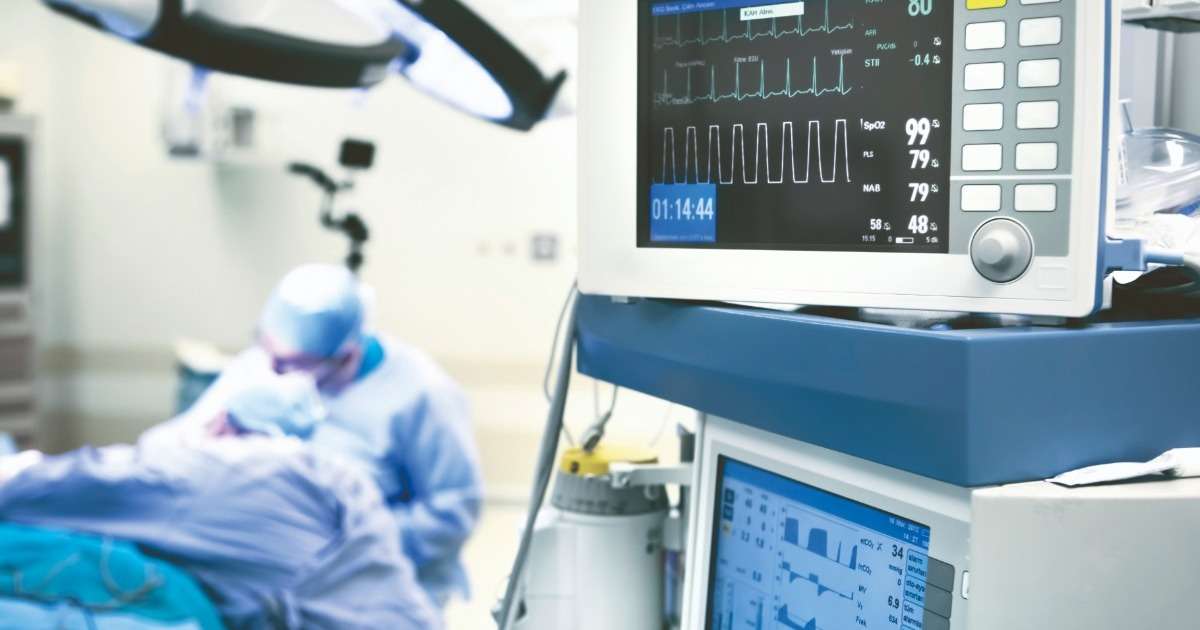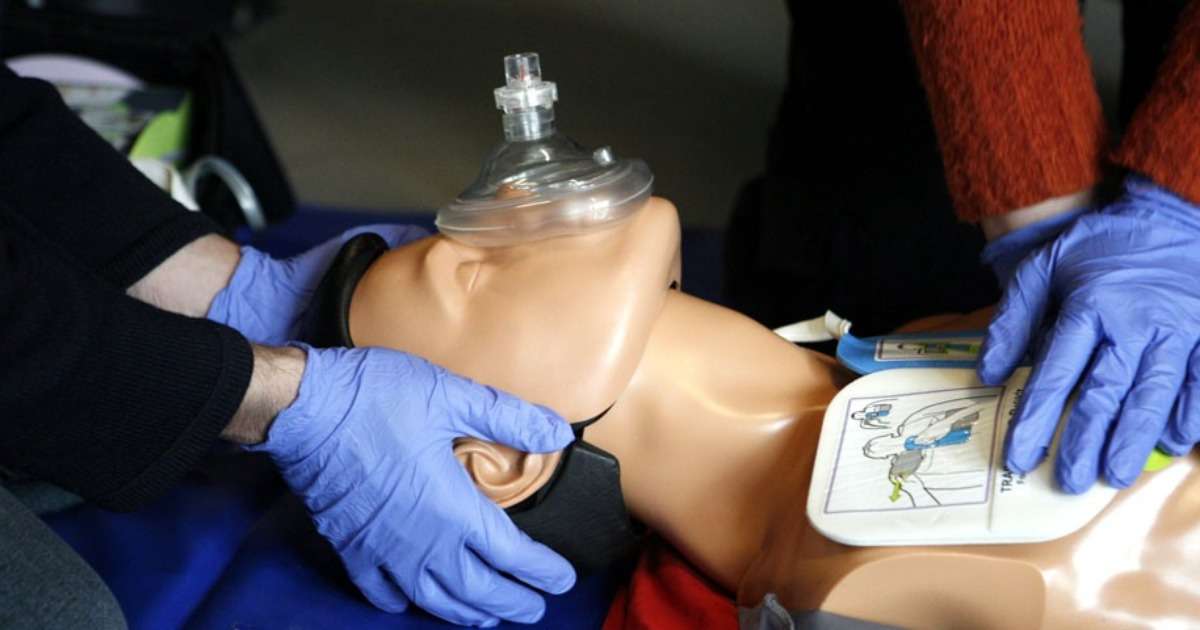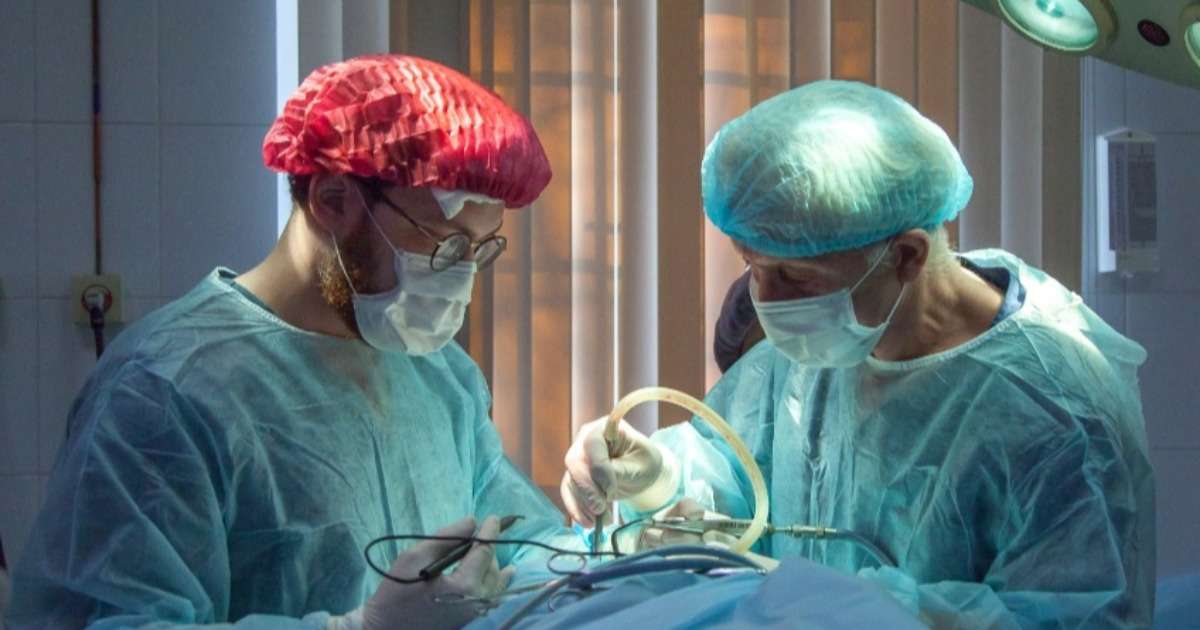Healthcare
The healthcare industry is an ever-changing field that requires extensive skills and training for its professionals. Effective communication, coordination of activities, clarity on decision making, and managing of errors is vital. Just as effective communication between doctor and patient is essential to achieve a high-quality healthcare.

Improving patient safety
We all agree that communication in the operating room is essential. It saves time and ensures a better quality of patient care. Using the WHO Surgical Safety Checklist supports this. How can we learn to use this checklist?

Reducing eating pace: a behavioral intervention for childhood obesity
Studies on eating behavior play an important role in preventing childhood obesity. Faith and his team examined the effectiveness of a family-based behavioral intervention to reduce eating pace.

How to assess medical team effectiveness
Healthcare professionals working in an operating or emergency room, frequently deal with unpredictable situations in which they need to stay focused and think clearly. How do they manage that?

Evaluating the effectiveness of simulation in healthcare
Teamwork is important in many occupations but it is crucial when working under pressure. Most of us can only imagine how stressful it could be when working as a fire fighter or operating room nurse.

Simulation-based team training in obstetrics
The study of Annemarie Fransen and her team shows that simulation-based team training is effective in improving communication and cooperation of obstetric care teams.

The role of explicit bias in working with depressed cardiac patients
Using simulated medical encounters, Dr. Crapanzano and her team measured the influence of bias in the medical students' diagnosis and treatment plans for a patient presenting as mildly depressed.

The use of humor during doctor-patient interactions
How often do medical professionals use humor during the interaction with patients? After all, such positive interactions help build a relationship, establish trust, and support the exchange of relevant information.

Operating room layout: impact on work patters and flow disruptions
With use of prerecorded videos of surgeries, researchers examined the impact of the layout of an OR on work patterns and flow disruptions of a circulating nurse.

How oncologists’ communication impacts patients’ information recall
In her study, Visser focuses on one of the possible mechanisms that may underlie limited information recall in patients: the relationship between emotional stress and memory performance.

Robots helping people with dementia
Researcher Wendy Moyle and her team explored if the use of a robotic seal as a therapeutic tool would influence the emotional and behavioral symptoms of dementia.
